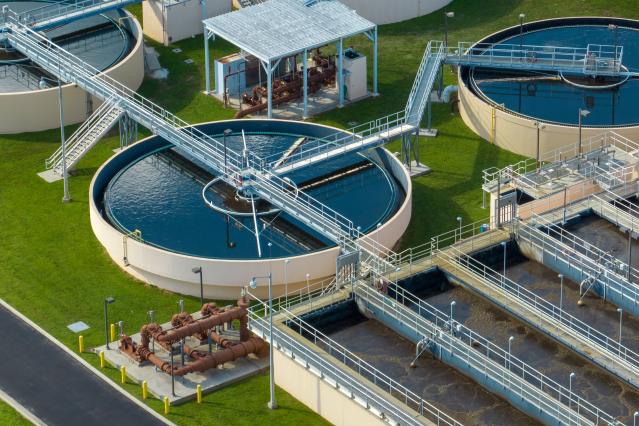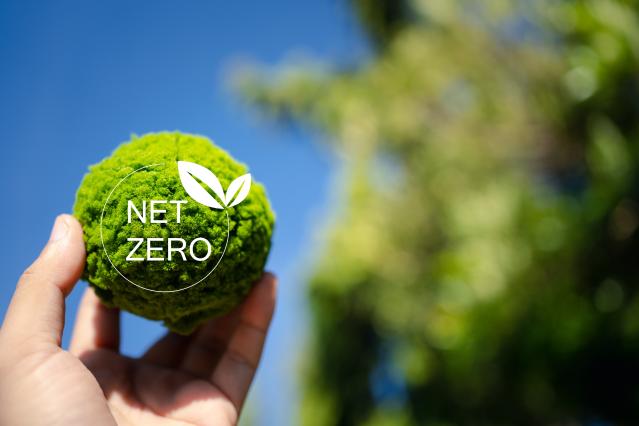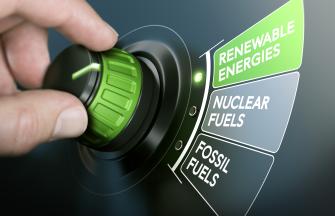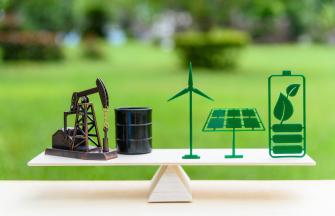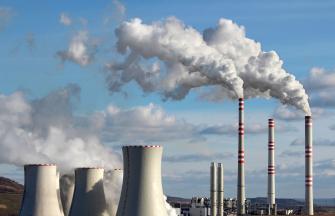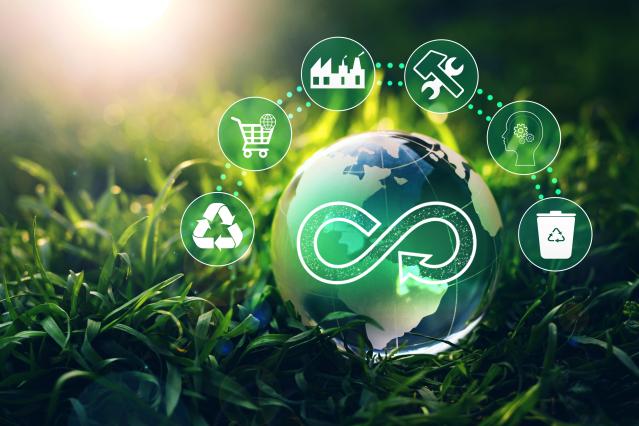
Do you have a question about this service? Ask our specialists
Contact usFrom a linear economy to a circular economy → the fundamental difference between these two economic models is that while the linear economy follows the “take-make-waste” step approach, the circular economy follows the 4Rs approach of “reduce, reuse, recycle, and recover”, completely removing waste from the equation.
The circular economy is an innovative economic model that aims to minimise waste and maximize resource efficiency. Unlike the traditional linear approach (where resources are extracted, used, and discarded), the circular economy aims to keep materials, products, and resources in circulation for as long as possible. It is based on three principles: eliminate waste and pollution, circulate products and materials (at their highest value), and regenerate nature.
Why Circular Economy Matters?
- Resource Optimization: In a circular economy, finite resources like metals, minerals, and fossil fuels are used more efficiently. By designing products for longevity, repairability, and recyclability, companies can reduce their reliance on virgin materials.
- Waste Reduction: Circular practices minimize waste generation. Instead of discarding products, they are repaired, refurbished, or remanufactured. This not only reduces landfill waste but also conserves energy and raw materials.
- Economic Opportunities: Embracing circularity opens up new business opportunities. Companies can create value by repurposing waste streams, developing innovative recycling technologies, and offering circular services (such as product leasing or sharing).
- Environmental Benefits: By closing the loop, we reduce pollution, conserve ecosystems, and mitigate climate change. Circular systems prioritize renewable energy, sustainable materials, and regenerative practices.
Resource scarcity, overconsumption and urbanization are megatrends that are pushing the pursue of a more circular economy.
In environmental compliance applications, we are busy with several initiatives in order to recover by-product streams, treat them and reuse in order to loop the Calcium and bring circularity to the environmental compliance treatment. We have already developed recovery paths for some specific streams, such as:
- Coal combustion products (ashes) reuse in construction and remediation.
- Biosolids reuse in fields as organic amendment.
- Thermal recovery of combustible waste and by-products.
- Specific Air Pollution Control Residues for further reuse in construction.
Our Innovations and Circular Economy team are constantly developing new routes for new specific stream. Do not hesitate to contact us to evaluate options that could be put in place for your specific stream.

